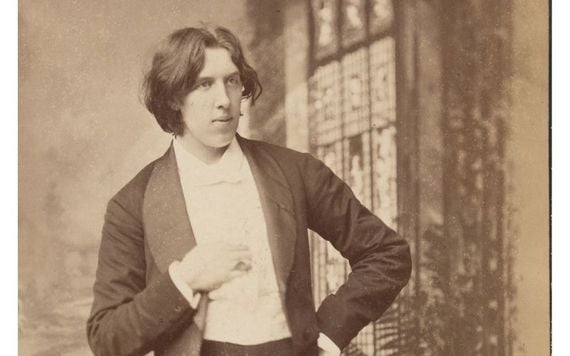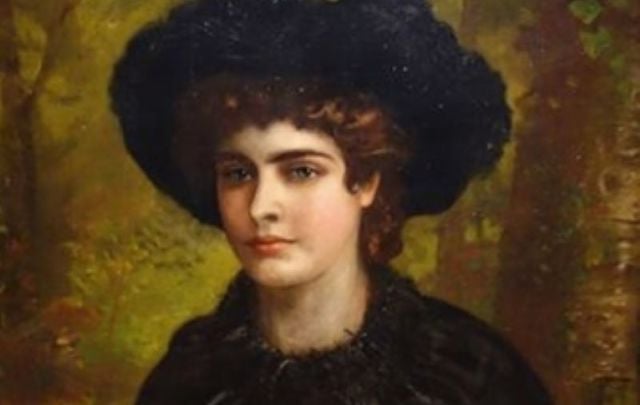The mystery surrounding the death of Oscar Wilde’s wife may have been solved by none other than the grandson of the famous wit and writer. He believes he found the reason his grandmother died tragically at the age of 40 just over a century ago.
According to the Daily Mail, speculation over Constance Wilde’s sudden death has ranged from spinal damage after falling downstairs to syphilis contracted from her husband. But medical evidence discovered in family letters by Merlin Holland, Wilde’s grandson, indicates that Constance probably had multiple sclerosis.
The letters contain passages describing symptoms, such as debilitating pain, extreme headaches and fatigue, and the inability to walk, which Dr. Ashley H. Robins says are associated with the autoimmune disease.
The condition was known at the time, but evidence suggests that the author’s wife fell victim to eccentric medical practices. Constance sought help from an unnamed German ‘nerve doctor,’ who treated patients with baths and electricity, and an Italian, Luigi Maria Bossi, who believed neurological and mental illness could be cured with gynecological operations.
Constance had gone to Bossi already for one operation, which failed to improve her condition but returned to him for a gynecological procedure. She became unconscious days later and died.

Oscar Wilde.
“Constance's London and Heidelberg doctors had warned her not to be coaxed into surgery, but she ignored their advice, confident that Bossi's treatment would rehabilitate her; instead it cost her her life,” says Holland.
The Daily Mail reports that Bossi, who would later face unrelated accusations of unethical behavior and professional misconduct, was shot dead two decades later by the jealous husband of a patient.
“Ultimately, both Bossi and the hapless Constance met their ends tragically - he by the bullet of an assassin and she by the knife of an irresponsible surgeon,” says Holland.
Constance married Wilde in England in 1884. After his imprisonment for homosexual acts in 1895, she fled to Europe with their two sons, changing their surname to Holland and settling near Genoa.
Around 130 letters written between Constance and her brother Otho from 1878 until her death provide evidence of her illness.
In 1894, Constance wrote: “I am alright when I don't walk.”
About a year later, her walking had continued to deteriorate, but she put her faith in Bossi who “undertakes to make me quite well in six weeks and I shall be glad to be able to walk again.”
But in 1896, she wrote: “I am lamer than ever and have almost given up hope of ever getting well again.”
Holland said that his mother “didn't particularly want anyone to have access” to the letters, “frightened of what, in an age of sensationalizing everything, someone might do with them.”
The letters show that Bossi removed benign fibroids having “totally wrongly diagnosed what was the matter with her,” says Holland. “In those days … it was an extremely dangerous operation.”
He said that he hoped the revelations bring “closure” for Constance, who died less than a year after Wilde’s release from prison.
“I rather feel it will put Constance to rest, poor thing,” says Holland, who visited her grave this summer.
“We cannot go past Genoa without going and paying our respects to her. We went and put some flowers on her grave. Every time I go there, I feel she's rather alone in exile in Genoa.”
Holland and Robins, a specialist at the University of Cape Town Medical School in South Africa, wrote a paper based on the medical evidence surrounding Constance’s death, which was published in The Lancet, a leading medical journal, in January 2015.
* Originally published in 2016, updated in May 2025.




Comments